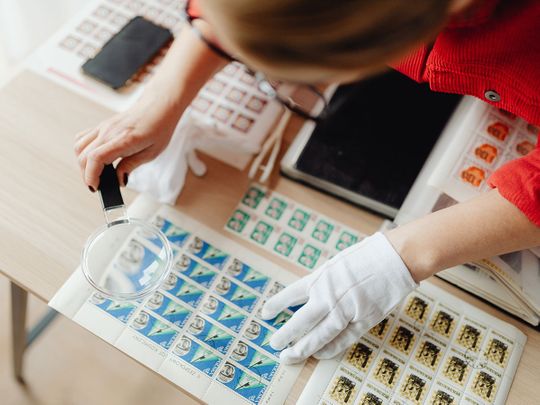Today’s Crossword: What strange items lie in your ‘cabinet of curiosities’?

Image Credit: Stock photo/Pexels
From the top three most collected items – stamps, coins, and postcards – to niche items like oil cans and fruit labels, the world is full of old, odd or interesting objects, and we humans love to collect them all.
Click start to play today’s Crossword, which deals with the collection or study of things around the world.
Psychologists have varying theories of why we collect items that have no real use for us. According to a 2014 report in UK-based The Guardian news website, one theory is that we experience the endowment effect, which basically means we tend to value things more once we own them. Another theory is the phenomenon of contagion – collectors who value items that once belonged to a celebrity see their possessions as being infused with the essence of the person that owned them.
Regardless of the reason why, humans love to accumulate memorabilia. This habit became possible roughly 12,000 years ago, when people gave up their nomadic lifestyles and settled down in one location. And we are more inclined to start a collection when we possess two of one item, according to a 2014 study conducted by a professor at US-based Stanford Graduate School of Business, and published by the US-based Journal of Marketing.
The study found that large collections often start out as accidents, triggered by incidental factors, such as finding oneself with two collectible items and therefore deciding to grow the collection to reach a certain goal. According to the researcher, another reason why collections begin is because people often consider owning two of the same objects as being wasteful or superfluous, but at the same time, they do not want to get rid of something they enjoy. So, starting a collection justifies the redundancy.
Of course, collecting items for profit or just one’s pleasure is also common. In 19th century Europe, aristocrat collectors were common, and their collections of art, fossils, zoological specimens, books, and other objects were perceived as status symbols. It was common to find a special room called a “cabinet of curiosities” in wealthy Victorian houses, where the collection was stored and displayed. In fact, some of these “cabinets” contributed to the first museums that were established in Europe.
Are you a collector, and if so, what do you collect? Play today’s Crossword and let us know at games@gulfnews.com.
Read More: Today’s Crossword: What strange items lie in your ‘cabinet of curiosities’?
